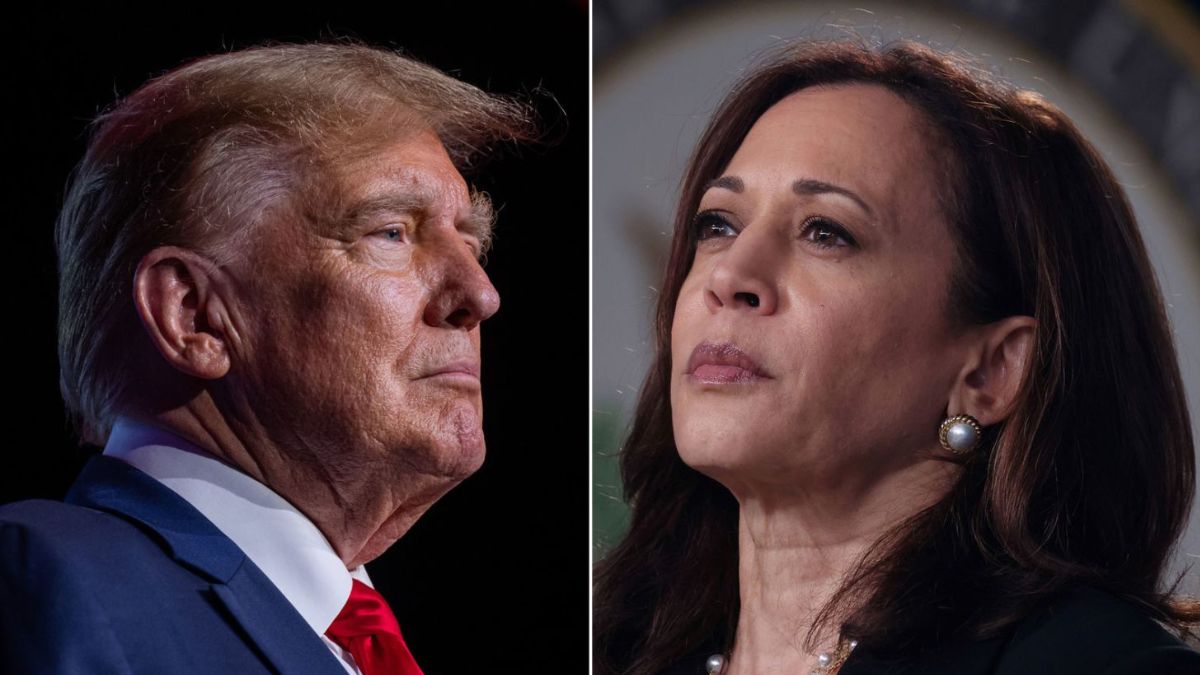The latest presidential debate between Donald Trump and Kamala Harris has ignited a storm of criticism on social media, with many calling the exchange ‘repulsive’ and ‘phoney.’ The debate, which was meant to offer voters a clear view of each candidate’s platform, instead left many viewers dissatisfied and disillusioned.
Critics took to various social media platforms to express their discontent. The term ‘repulsive’ was frequently used, highlighting the negative reception towards the candidates’ performances. Many felt the debate lacked authenticity, accusing both Trump and Harris of delivering rehearsed and insincere responses. This perception of disingenuousness was exacerbated by what some described as a lack of substantive discussion on key issues.
The social media backlash was swift and intense. Users voiced frustration over the perceived lack of genuine engagement from both candidates, with many feeling that the debate did little to address important policy matters. The term ‘phony’ was a recurring theme in the critiques, reflecting a widespread belief that the debate had become a spectacle rather than a meaningful dialogue.
Furthermore, the debate’s format and moderation came under fire. Critics argued that the structure of the debate allowed for superficial exchanges rather than deep, insightful conversations. The focus seemed to be more on dramatic moments and soundbites rather than on substantive policy discussions.
This debate, which was intended to clarify the differences between the candidates, instead highlighted the growing disillusionment among voters with the political process. As the election approaches, the controversy surrounding this debate underscores the increasing demand for more genuine and substantive political discourse.


